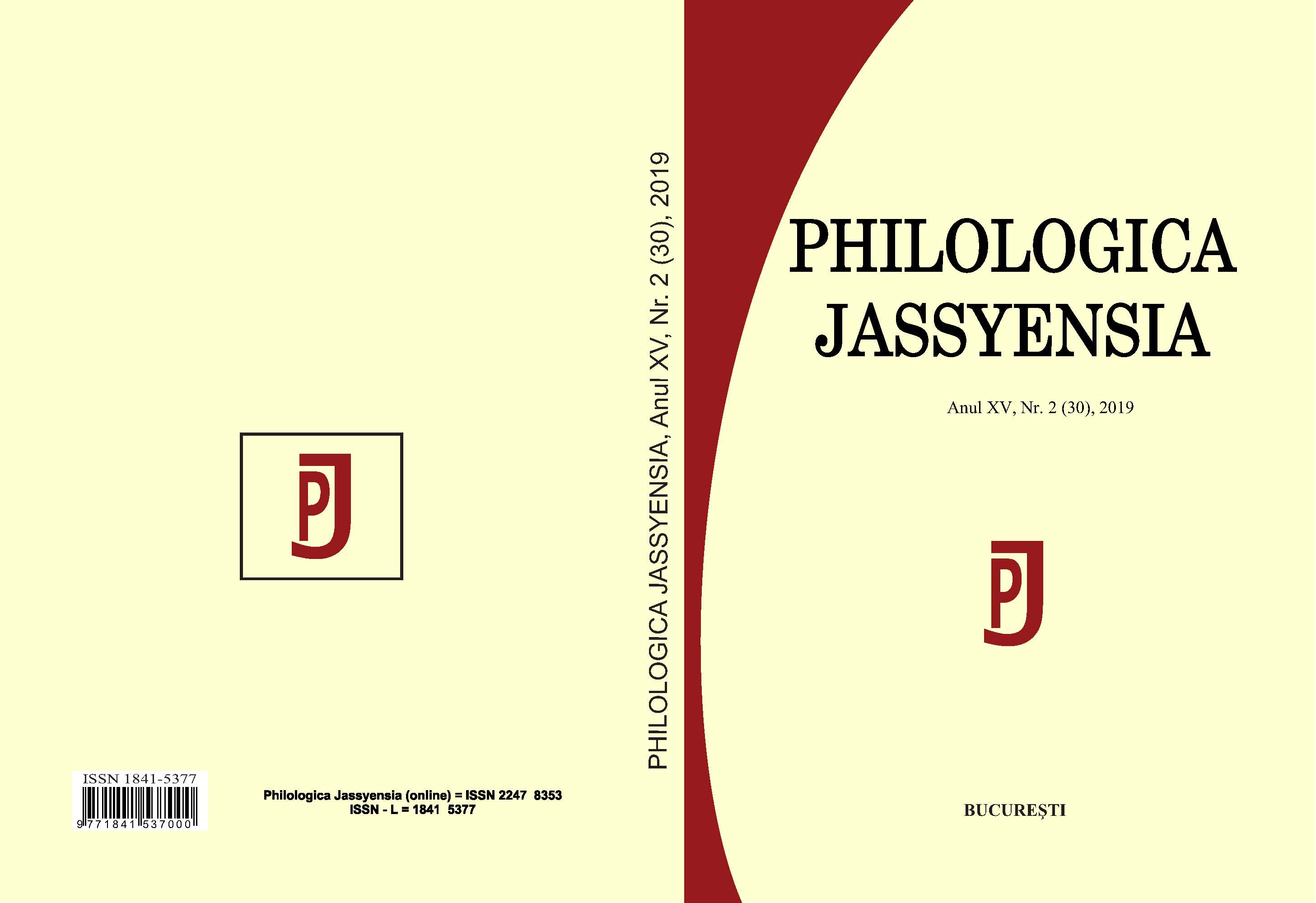Dialectică şi romantizare (Romantism şi revoluţie simbolică II)
Dialectics and Romanticization (Romanticism and Symbolic Revolution II)
Author(s): Laurenţiu HanganuSubject(s): Language and Literature Studies, Comparative Study of Literature
Published by: Editura Tracus Arte
Keywords: Romanticism; Novalis’ romanticization; Hegel’s dialectics; symbolic order; symbolic revolution;
Summary/Abstract: This article examines the relationship between Novalis’ ‘romanticization’ and the conceptual mechanisms of Hegel’s dialectics proceeding from the fundamental change of vision and thinking represented by the European Romantic movement. Having as its theoretical horizon the idea of symbolic revolution, described and defined in the first part of this study (see Hanganu 2018: 47–55), together with the new perspective on the phenomena of historical mutation and transformation formulated by Gilles Deleuze and Félix Guattari, the article points out that, despite the essentially different perspectives of poetry and philosophy, both Novalis’ romanticization – the core idea of the poet’s ‘magical idealism’ – and Hegel’s dialectics reflect the same process of reversal of perceptive and axiological patterns that characterize a symbolic revolution. In contrast with Hegel’s dialectics though, where what is negated is canceled and preserved at the same time (aufgehoben) in a superior unity, the romanticization implies a simpler (but all the more necessary) process of ‘alternation of mounting and descending’ (Wechselerhöhung und Erniedrigung) – a transfer of significances and a reversal of axiological polarities that do not have as a result a world born logically from the previous one. Considered this way, the idea of romanticization anticipates the considerations of the poststructuralists Gilles Deleuze, Jacques Derrida or Maurice Merleau Ponty on the complex relationship between negation and alterity. At the same time, Novalis’ romanticization grasps better than Hegel’s dialectics the essence of a symbolic revolution: according to the poet, the change of symbolic order is not a transition from one symbolic order to another, but from one order into another, or, better said, of one order through another. That is, not evolution or (dialectical) development, but reversal and swapping: the transformation of ‘in-itself’ into ‘out-of-self’ and vice versa – Alice’s passing through the looking-glass.
Journal: Philologica Jassyensia
- Issue Year: XV/2019
- Issue No: 2 (30)
- Page Range: 223-234
- Page Count: 12
- Language: Romanian

